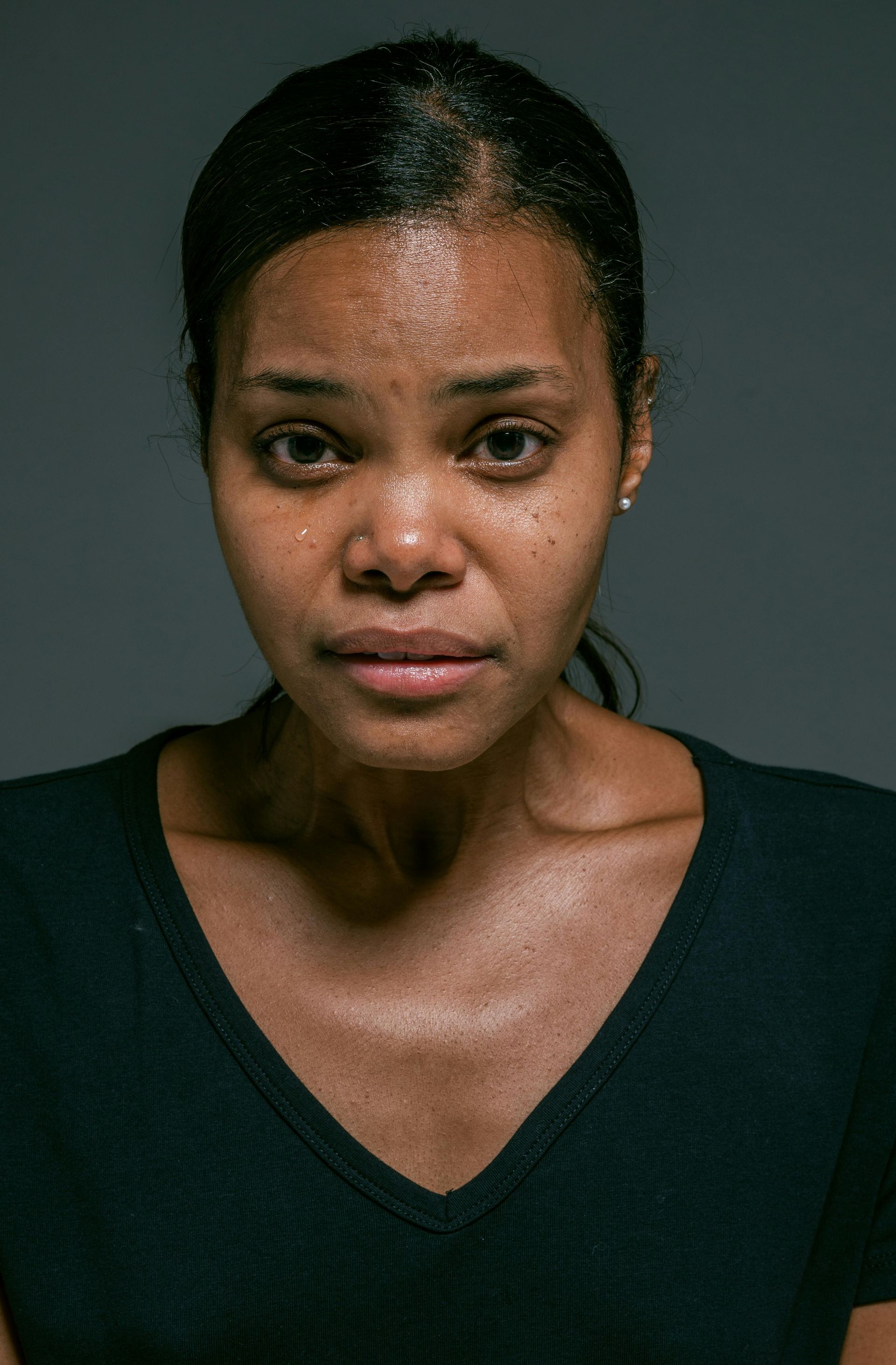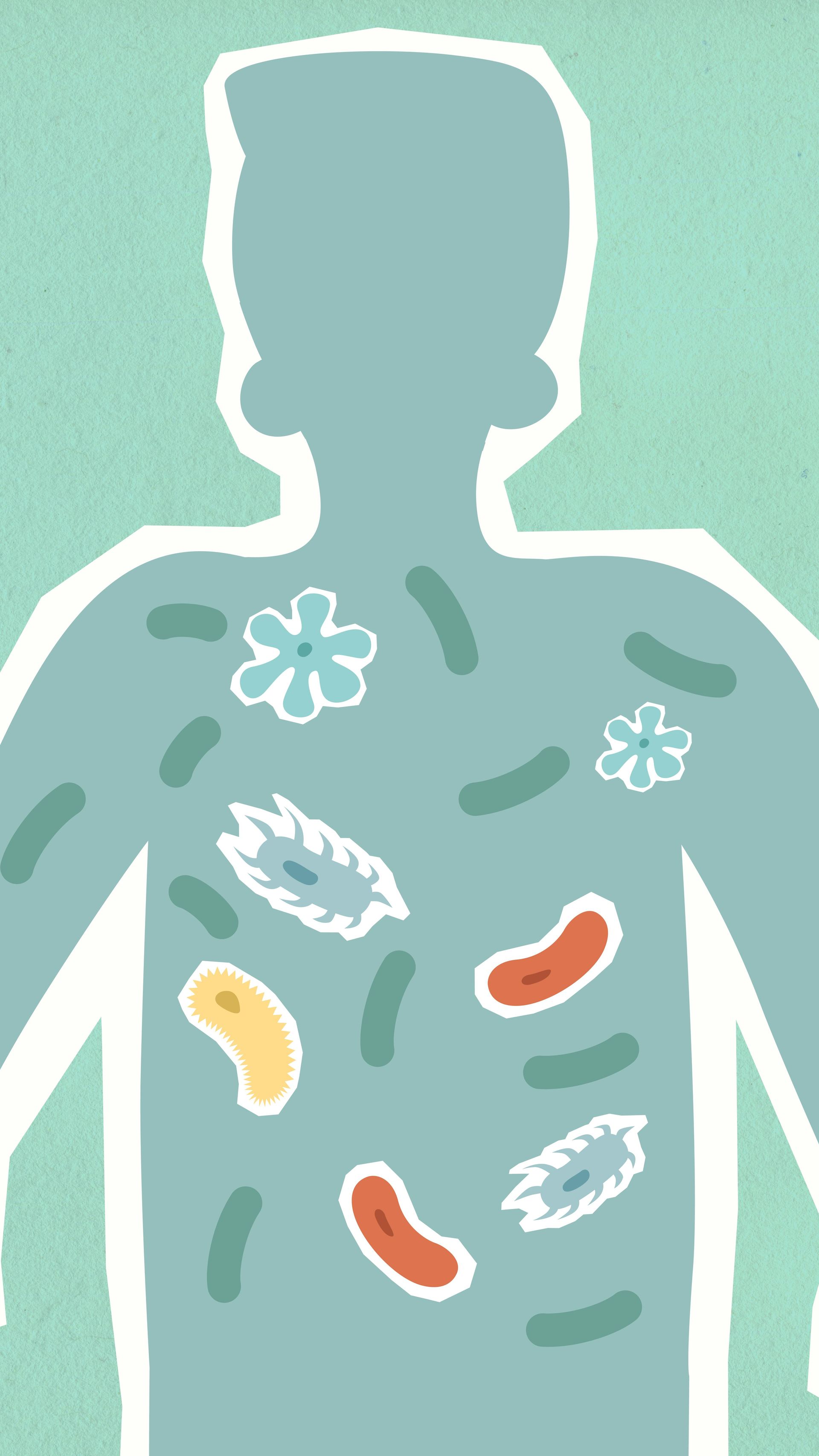Menopause and Perimenopause: What to Look Out for and How Hormone Therapy Can Help

Let’s be real: menopause is not just about your period stopping. It’s a whole-body transition that can feel like a rollercoaster—physically, emotionally, and mentally. But the good news is: you’re not imagining things, you’re not alone, and you don’t have to suffer in silence.
As a physician with a functional and integrative approach, I believe women deserve to understand what’s happening to their bodies and the tools that can help them feel like themselves again. This week’s blog breaks down key symptoms to look out for and how hormone therapy (HRT) can be a safe and effective part of your wellness toolkit.
First, Let’s Talk Symptoms
Perimenopause (the transition leading up to menopause) and menopause (when you’ve gone 12 months without a period) come with a host of symptoms. Some are well-known, but others might surprise you.
Here’s what to look out for:
- Hot Flashes and Night Sweats, called vasomotor symptoms: That sudden wave of heat? The one that leaves you drenched in sweat and needing a fan in winter? That’s a hot flash. It’s caused by shifting estrogen levels, and it can last for years—especially for Black and Hispanic women, who tend to experience them longer and more intensely.
- Sleep Disruption: If you’re tossing and turning, waking up soaked in sweat, or feeling wired but tired, you’re not just being “a light sleeper.” Hormonal changes can wreak havoc on your sleep cycle, which then spills into fatigue and mood swings.
- Mood Changes and Brain Fog: A friend recently opened up to me about having days where she cries uncontrollably and can’t seem to focus—she’s not sure why, but it’s gotten to the point where even her coworkers have noticed. Anxiety, irritability, mood swings, difficulty concentrating, and emotional overwhelm—these are real and often overlooked signs of perimenopause. Estrogen plays a major role in regulating brain chemicals like serotonin, so when hormone levels shift, your mood and mental clarity can shift too. It’s not “just in your head”—it’s biochemical. And you’re not alone.
- Vaginal and Urinary Changes: Known medically as Genitourinary Syndrome of Menopause (GSM), symptoms include vaginal dryness, pain during sex, frequent UTIs, and bladder urgency. This can severely impact intimacy and quality of life—but it’s treatable.
- Bone Loss and Increased Risk for Heart Disease: Estrogen plays a protective role in bone density and cardiovascular health. After menopause, the risk of osteoporosis and heart disease increases.
💊 So, What About Hormone Therapy?
Hormone therapy (HRT) is the most effective treatment for many menopausal symptoms—especially hot flashes, night sweats, sleep disruption, and GSM. It can also help slow bone loss.
✅ Who Can Benefit Most?
HRT is especially beneficial for women under 60 or within 10 years of starting menopause. The risks are lowest, and benefits the highest, when started during this window.
That said, hormone therapy is not a one-size-fits-all treatment. Whether it’s right for you depends on your individual health history, risk factors, and symptom severity. That’s why it’s so important to have a thorough discussion with your doctor about the risks and benefits in your specific case.
🌱 My Integrative Take
At Designed4Wellness, I take a whole-body approach. Hormones matter—but so does your lifestyle, mindset, and nutrition. We support women through this transition with:
- Personalized guidance on symptom management
- Nutritional strategies to stabilize blood sugar and mood
- Mindfulness tools for managing stress and sleep
- Functional fitness to protect your bones and heart
Menopause isn’t the end—it’s a new beginning. Let’s navigate it with knowledge, power, and support.
If you found this helpful, share it with your sister, cousin, or best friend. You never know who’s silently struggling.
📝 Want more? Subscribe to our free blog for wellness tips rooted in science and culture. Subscribers also get a free vitamin guide for metabolic health and invites to free webinars.
📲 Got questions? Text us on WhatsApp to learn more about menopause and your wellness options.



